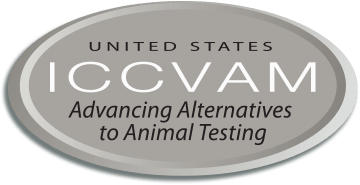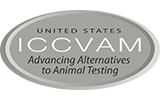Safety testing strategy for cell-based human cancer therapies
Preclinical safety assessment for CAR T cell-based therapies is necessary because non-targeted binding can have serious adverse consequences in healthy tissues. Three potential scenarios are of concern:
- A cell that binds to its intended target on the tumor (“on-target/on-tumor”) could potentially trigger cytokine release syndrome or tumor lysis syndrome.
- A cell that binds to its intended target off the tumor (“on-target/off-tumor”) could destroy healthy cells that express the target of interest.
- A cell that binds to an unintended target off the tumor (“off-target/off-tumor”) could damage healthy cells that do not express the target of interest.
For CAR T cell-based therapies, safety testing in animal models is generally limited or impossible; therefore, robust in vitro assays that address on- or off-target binding and subsequent cytotoxic consequences are necessary as part of the preclinical safety information for these therapies. To evaluate the safety of CAR T cell drug candidates, NCI scientists are performing co-culture experiments using human pluripotent stem cell-derived cell types as models of healthy human cells that broadly represent various cell types that could be targeted by CAR T cell therapy. Potential readouts from such co-culture experiments include cell imaging for morphologic signs of cell stress/cytotoxicity, cytotoxicity assays, cytokine release assays, and impedance monitoring. Special consideration is given to the setup and execution of each readout to ensure that each assay is adequately controlled. The orthogonal data generated by these co-culture experiments will collectively support a good weight-of-evidence approach for assessing on- and off-target binding and potential cytotoxicity of CAR T cells in healthy human tissues. A paper describing this project is in preparation for submission in 2024.



